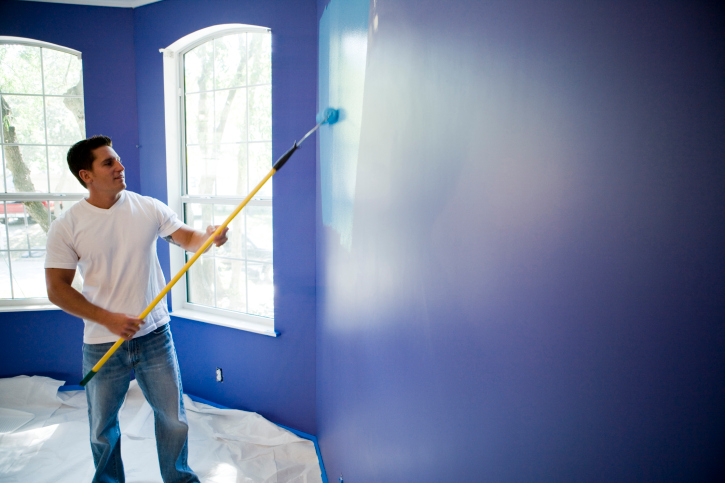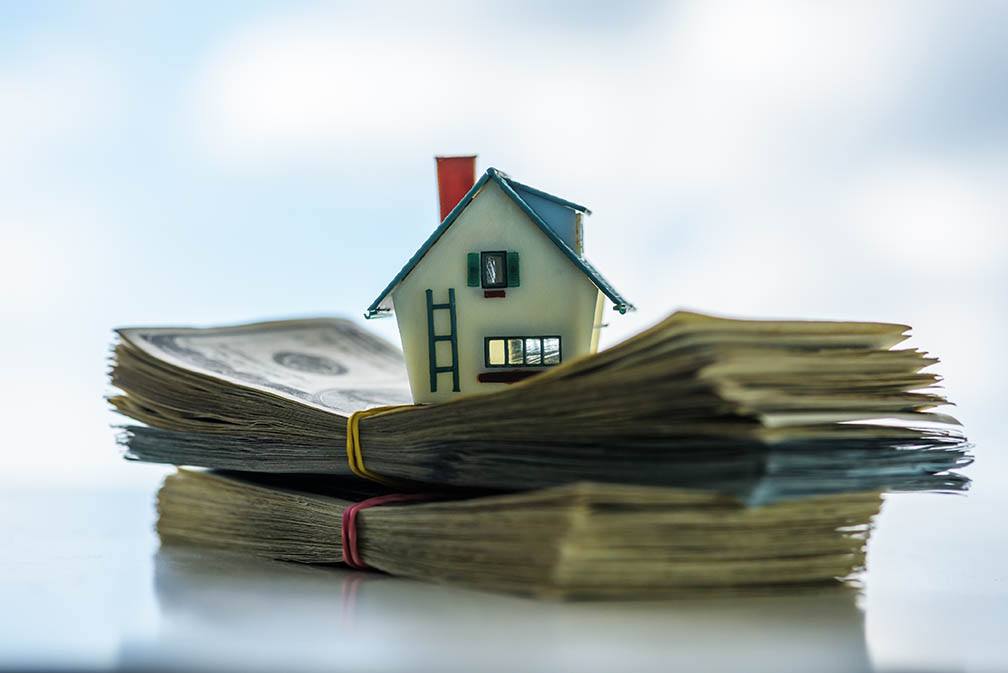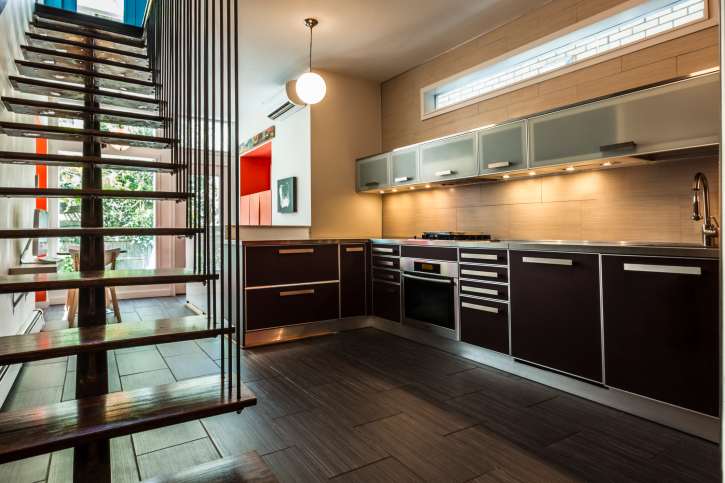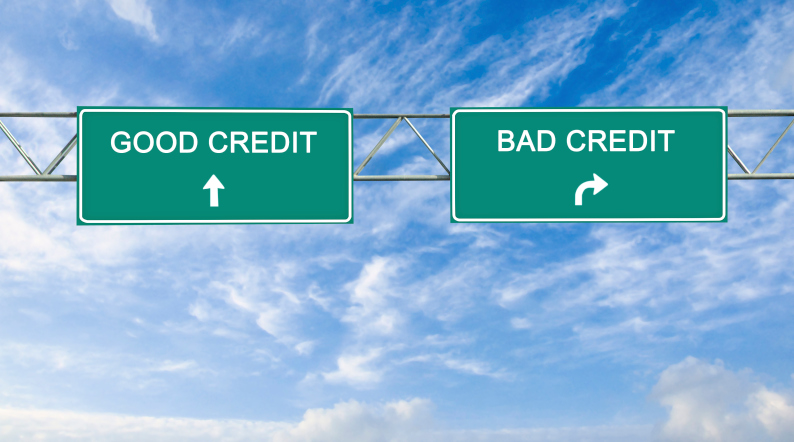Three Hot Renovations That Will Boost Your Home’s Value Without Breaking the Bank
 Are you feeling the “renovation itch” or perhaps looking for a fun project that you can take on which will provide you with a return on your investment? There are numerous home upgrades and renovations that can add value to a home without costing a large sum of money to complete.
Are you feeling the “renovation itch” or perhaps looking for a fun project that you can take on which will provide you with a return on your investment? There are numerous home upgrades and renovations that can add value to a home without costing a large sum of money to complete.
Let’s take a look at three popular home renovations that can increase your home equity without draining your bank account.
Paint Your Home Inside and Out
Painting the interior or exterior of your home costs very little when compared to how much it can freshen up your home’s appearance and increase its value. Painting is also an excellent time to get rid of any old wallpaper or other decor touches that are outdated. Spend some time browsing through Pinterest or through home improvement websites in order to choose a color palette that is warm and inviting without being too bold. Remember, if the goal is to increase your home’s value you’ll need to paint using colors that buyers will find attractive.
Upgrading Your Windows
If your local environment is cold or wet during parts of the year you may find that upgrading your windows improves your home’s appearance and provides you with some additional savings in the form of reduced energy costs. Look for windows that are energy-efficient and that are guaranteed to eliminate drafts. Depending on the area of the country that you reside in, you may find that windows that are insulated with vinyl or aluminum are your best bet.
Finishing Your Basement into a Suite
If you have an unfinished basement which has a lot of space and running water you may want to consider finishing it in to a full basement suite. Some buyers will be enticed by the additional rental income that can come from a suite, while others will be excited at the opportunity to provide an older child or family member with their own suite inside of the same home.
You’ll find that investing a little time and money in your home now can pay huge dividends later when it’s time to sell and move on.

 If you’re in the process of buying a new home, you’ve likely heard the term “closing costs” in regards to the many different fees and taxes that you’ll be required to pay during the purchase process.
If you’re in the process of buying a new home, you’ve likely heard the term “closing costs” in regards to the many different fees and taxes that you’ll be required to pay during the purchase process. Are you thinking about buying a new home? Congratulations!
Are you thinking about buying a new home? Congratulations! If you’re thinking of buying a home, you’ve probably been thinking a lot about your credit score as well. Credit scores control so much of what we do in the world of finances, but what does your credit score really have to do with your mortgage? Here are three ways that your credit score could impact your mortgage application.
If you’re thinking of buying a home, you’ve probably been thinking a lot about your credit score as well. Credit scores control so much of what we do in the world of finances, but what does your credit score really have to do with your mortgage? Here are three ways that your credit score could impact your mortgage application. Size matters when you are buying a new home. Whether you plan to expand your family, need more room for your stuff, or are concerned with resale value, you want to get the most space for your money.
Size matters when you are buying a new home. Whether you plan to expand your family, need more room for your stuff, or are concerned with resale value, you want to get the most space for your money.